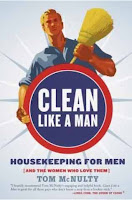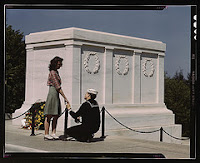 It’s true, it’s true. Marco and I are getting married this summer. We’re doing a small wedding kind of thing, very DIY. And wouldn’t you know it, I just came across a site called IndieBride!
It’s true, it’s true. Marco and I are getting married this summer. We’re doing a small wedding kind of thing, very DIY. And wouldn’t you know it, I just came across a site called IndieBride!
One of the site’s creators, Elise Mac Adams, published a book in February called Something New: Wedding Etiquette for Rule Breakers, Traditionalists, and Everyone in Between. I don’t think there’s a rule Marco and I aren’t in some way breaking, but hey. Of greater interest, there’s an interesting reading list posted over there. Thought I’d share highlights, with some additions of my own:
Marriage, A History by Stephanie Coontz
A History of the Wife by Marilyn Yalom
Wifework: What Marriage Really Means For Women by Susan Maushart
Beyond (Straight and Gay) Marriage: Valuing All Families Under the Law by Nancy Polikoff
Here Comes the Bride: Women, Weddings, and the Marriage Mystique by Jaclyn Geller
In spite of it all, I’m still game. Other titles readers would recommend? I’m taking suggestions!







